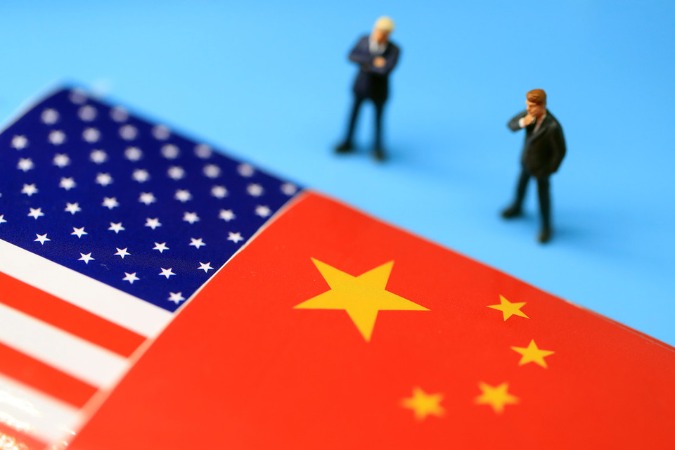
(Photo: China Daily)
THE US ADMINISTRATION said it would ban US corporations from selling components and software to Huawei, China's 5G technology giant. China Daily reporter Li Yang comments:
Washington is intent on slowing Huawei's development so that US companies can take advantage of the window phase, though secured in an indecent manner, to narrow their gap with the industrial leader.
Now it is all too clear that Washington's objective is by no means to address its trade deficit with Beijing, but to wipe out China's competitiveness in high-tech fields, and contain the country's development momentum.
China needs to be prepared for a prolonged attack on its technology companies, as this is not like the trade skirmishes they have had in the past, which it succeeded in resolving through talks.
The tacit agreement between Beijing and Washington to divorce their trade frictions from other aspects of bilateral ties has now been broken as the US administration has expanded the dispute to their industrial cooperation and even cultural exchanges.
The US administration has put China in its cross hairs as a major rival, if not opponent, so Beijing must recalibrate its approach to relations with Washington. Even if the long-anticipated trade agreement is inked, relations between China and the United States will not be put on an even keel unless Washington comes to terms with China's rise and stops trying to impede it.
Washington needs to treat Beijing with due respect, recognizing the fact that China is no longer a sweatshop sustaining the US' prosperity but a technological powerhouse in its own right.
It is China's fast growth that is breaking the old power balance with the US, which China cannot avoid, and it is up to the US to accept this and change its approach so that the two countries can strike a new equilibrium. Beijing is always ready to cooperate to the benefit of both.
Having said that, the trade dispute has made Beijing aware that it cannot pin its hopes on Washington changing its mind, and only through honing its own industrial, commercial and institutional competitiveness can it firmly grasp the initiative. This has spurred and will continue to spur Beijing to deepen its domestic structural reforms and open its doors wider to other partners.
China's macroeconomy will be affected to some extent by the trade frictions, but the changes to the external environment should be regarded as part of the new normal that China has to adapt to. History indicates that the rise of any big power always triggers a series of changes of international order. And unless China has the ability to acclimatize to the changes and shape them, its ascent will be abridged.


